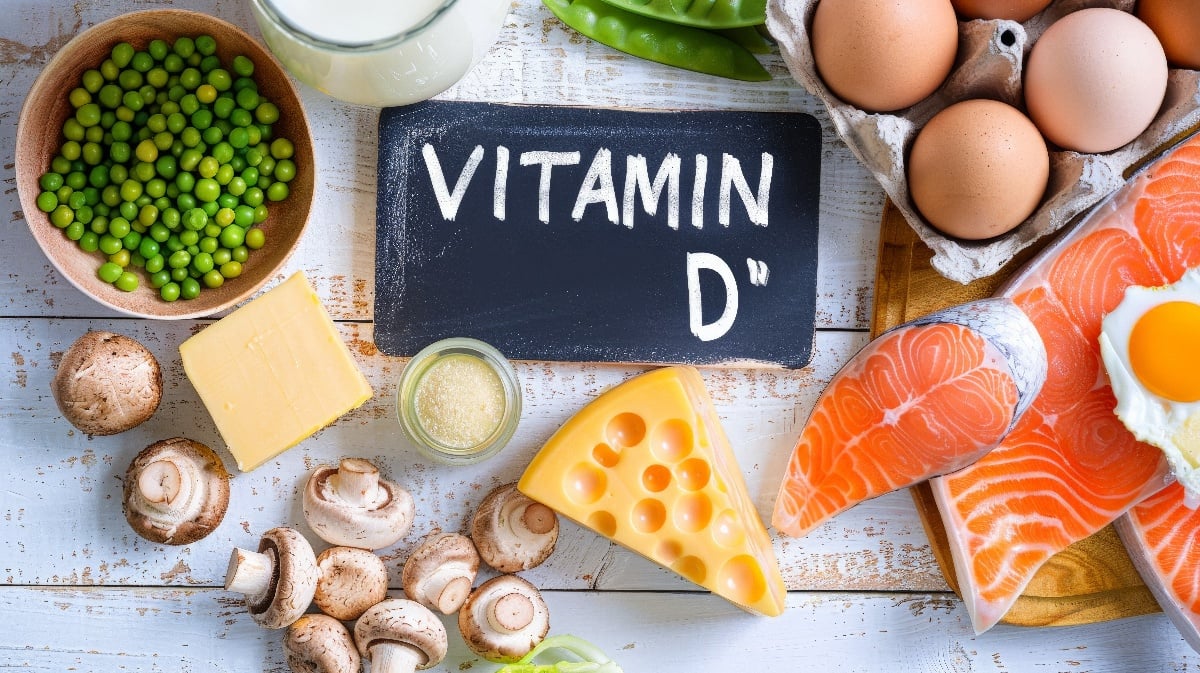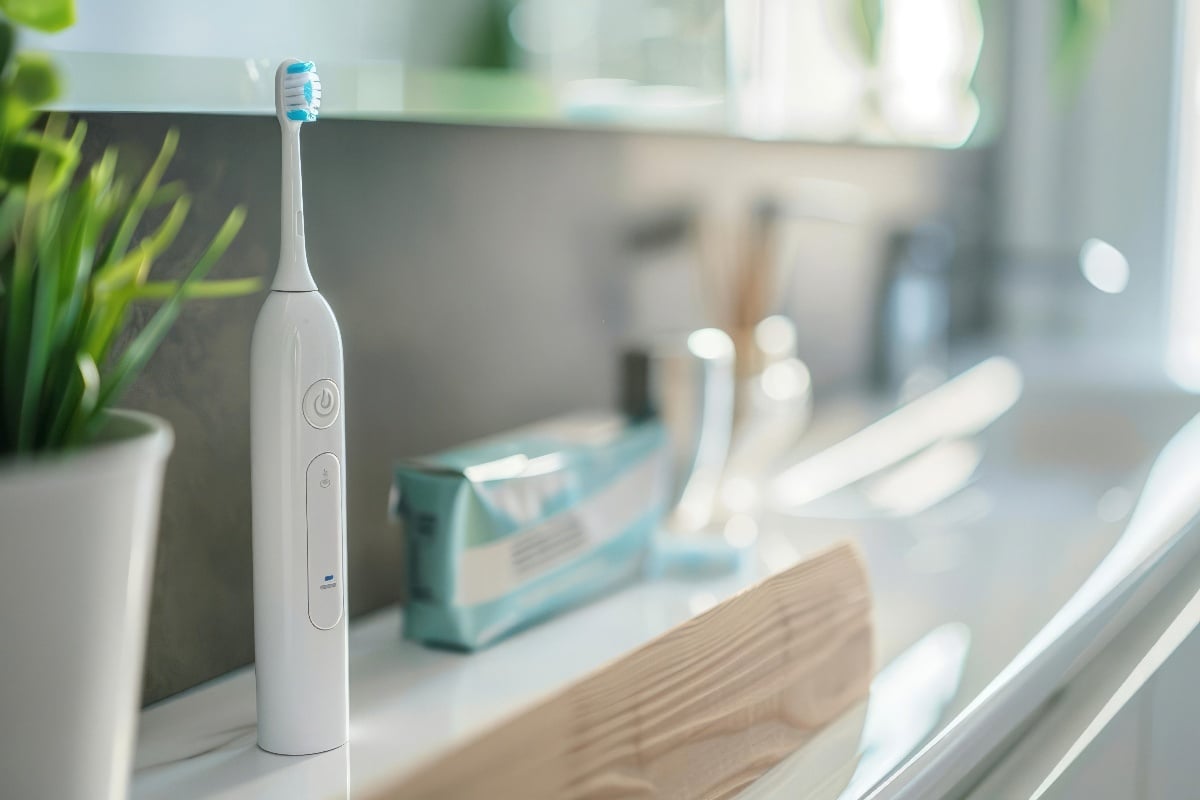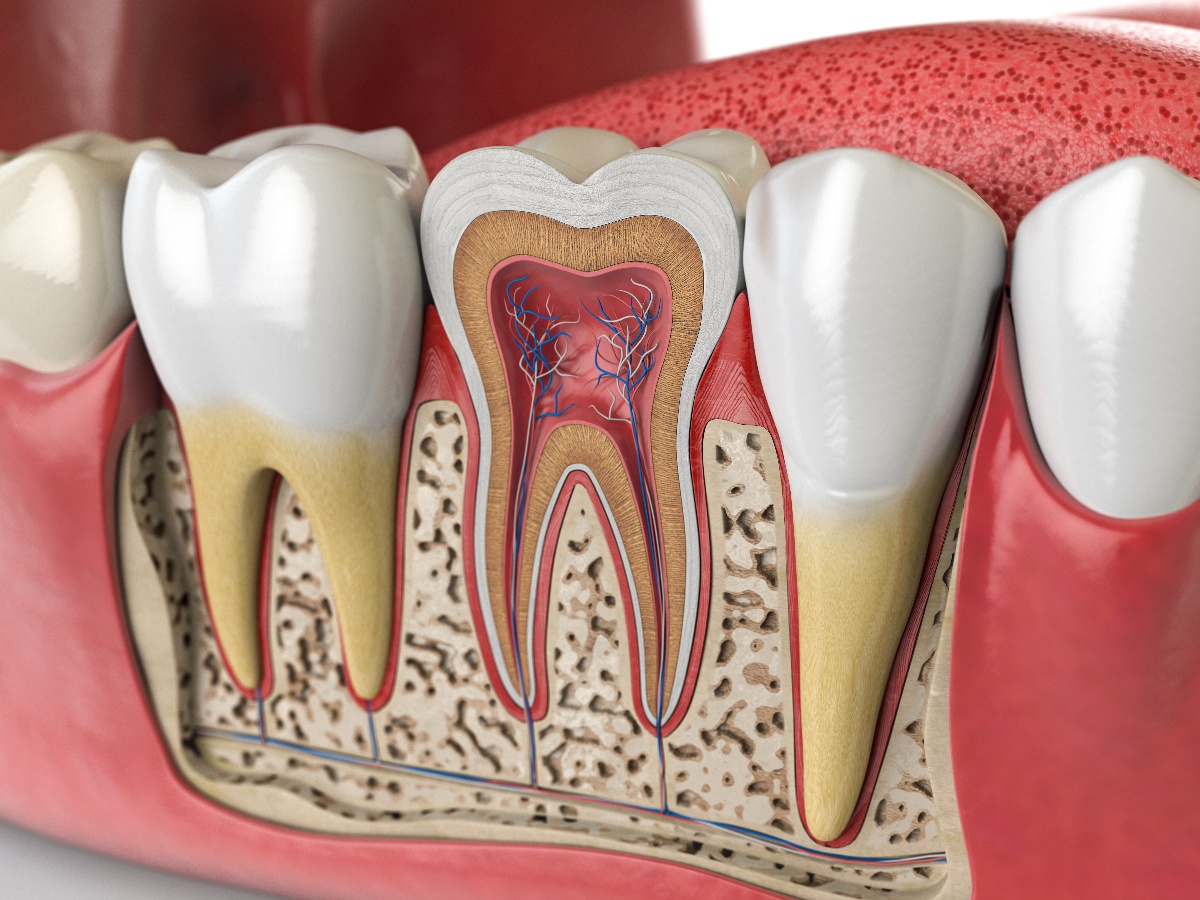Tooth decay remains one of the most common dental and public health problems for people of all ages. Although modern dentistry has made great advancements in creating beautiful smiles, dental cavities continue to impact people’s overall health and quality of life. Despite the positive effect that fluoride and much-improved home oral healthcare products have had, they seemingly cannot conquer the power of a person’s diet to cause tooth decay. Studies show that certain acidic and sugary foods can significantly increase the risk of developing cavities by creating an environment in the mouth that favors bacterial growth and enamel erosion, which leads to cavities.
Understanding the specific foods that pose the greatest threat to your dental health is critical in preventing tooth decay and maintaining a healthy smile.
Sugary Foods and Beverages
Many people find sugar to be the most threatening culprit in the fight against tooth decay. When you consume sugar, it interacts with bacteria found in the plaque on your teeth to produce acid. This acid is what attacks the enamel and results in a cavity. Below are some common sugary foods and beverages that are especially harmful to dental enamel.
Soda. Soda is known for its high sugar and acid content. This combination makes “soft drinks” a double threat to white, healthy teeth and a bright smile. Each sip of soda coats your teeth in a sugary solution that not only feeds dental bacteria but also introduces acid, which demineralizes tooth enamel. Excess soda consumption has been known to cause significant enamel erosion that makes teeth more susceptible to decay. It may be tempting to switch to diet sodas to avoid cavities; however, even diet sodas have enough acid to weaken enamel over time.
Candy. Candy comes in various forms, each posing its own risk to teeth.
- Hard Candies: These slowly dissolve in your mouth and keep your teeth exposed to sugar. This longer time in your mouth gives bacteria more time to produce harmful acids.
- Chewy Candies: Sticky and chewy candies like caramel and gummies adhere to teeth longer than other types. This prolonged contact increases the risk of decay as it gives bacteria more time to feast on the sugars and produce decay-causing acids.
Desserts. Cakes, cookies, pastries, and other baked desserts are loaded with refined sugars that provide a constant food source for bacteria and promote the formation of cavities.
Fruit Juices. Even though they're often perceived as healthy, many fruit juices contain as much added sugar as sodas. This perception masks their potential to be a common cause of tooth decay. This is especially true when they are consumed in large quantities without rinsing with water afterward.
Sports Drinks. Although these provide the benefit of helping you rehydrate and replenish electrolytes, they are also high in sugars. It is easy to overlook sports drinks as being as harmful to teeth as soda, but because of their sugar content and acidity, they are.
Sweetened Teas and Coffees. These popular beverages often contain high levels of added sugars. Whether it’s a sweetened iced tea or a flavored coffee drink, the sugar content can be quite high, posing a risk to dental health.
Energy Drinks. Similar to sports drinks, energy drinks have high sugar and acid content. In fact, sugar is the main ingredient after water in energy drinks. They not only energize but also create an oral environment that promotes enamel erosion and tooth decay.
Starchy Foods
Sugary snacks and candies are well-recognized for causing tooth decay. Less known is the potential for starchy foods to result in the same dental problems. Foods such as bread, crackers, and chips are complex carbohydrates or starches that break down into simple sugars in your mouth. These simple sugars can then feed the bacteria that cause cavities in the same way as the sugar found in candy and soft drinks.
The Hidden Danger of Refined Starches
Refined starches are carbohydrates found in processed foods like potato chips and white bread. Unlike complex carbohydrates such as rice and potatoes, these processed foods break down quickly in your mouth and help promote the bacteria that lead to tooth decay.
Additionally these starchy foods have a tendency to get trapped between your teeth and in the grooves on your molars. When these food particles remain in your mouth, they provide a consistent supply of sugar for bacteria to feed on, increasing the risk of tooth decay over time.
Healthier Alternatives to Starchy Snacks
Replacing refined starches with whole-grain foods can help protect your teeth from the immediate and harmful effects of sugars. You can also choose healthier carbohydrates such as vegetables, nuts, and seeds for their nutritional value and as sources of energy.
Citrus and Acidic Foods
Fruit and some other foods high in acid content can definitely be a part of a healthy diet. However, it is important to recognize that they can also contribute to dental problems such as tooth decay, enamel erosion, and sensitive teeth.
The Erosive Power of Citrus Fruits
The acid found in citrus fruits, such as oranges, lemons, limes, and grapefruits, can soften the hard enamel that protects your teeth. This process is known as erosion, and it occurs when acids dissolve the minerals, such as calcium, found in enamel. The damage can linger if the acid remains on your teeth for an extended time.
Other Acidic Foods and Drinks to Watch Out For
In addition to citrus fruits, there are several other acidic foods and drinks that can contribute to tooth erosion and decay:
- Carbonated beverages
- Wine
- Pickled foods
- Tomatoes and tomato-based products
Protecting Your Teeth from Acid Erosion
There are several things you can do to minimize the effect of citrus and acidic foods on your teeth, such as:
- Drink water as soon as possible after consuming acidic foods or drinks. This can help neutralize the acid and rinse away any lingering residue.
- Use a straw when drinking acidic beverages to minimize direct contact with your teeth.
- Wait at least 30 minutes after consuming acidic foods or drinks before brushing your teeth, as the acid can soften your enamel, making it more susceptible to damage from brushing. Waiting allows any demineralized enamel to remineralize.
- Choose low-acid or acid-free alternatives when possible, such as bananas instead of citrus fruits or herbal tea instead of carbonated beverages.
Dried Fruits
Although dried fruits are often marketed as a healthy snack, they can increase your risk for tooth decay because of their sticky texture, high sugar content, and acidity.
- Sticky Texture
The sticky texture of dried fruits makes them cling to your teeth and gums more easily. They can also get stuck in the crevices of your teeth and become difficult to remove even with brushing. This extended contact with your teeth gives bacteria more time to feed on the sugars and produce harmful acids that lead to cavities. Some of the common dried fruits known for their stickiness include:
Raisins
Dried apricots
Prunes
Dates
Dried figs
- High Sugar Concentration
Without the water content to dilute them, the sugars in dried fruits become more concentrated, which can be more damaging than fresh fruit. For example, fresh apricots have a water content that helps cleanse your teeth. However, dried apricots do not provide this benefit and instead help create a sticky and sugary environment for bacteria.
- Acidity
Some dried fruits, such as dried cranberries or cherries, are also highly acidic, which increases the risk of enamel erosion. The combination of acidity and stickiness can be especially harsh on tooth enamel and accelerate the decay process.
While dried fruits can still be part of a healthy diet, it is important to consume them in moderation and practice good oral hygiene after eating them. Brushing or at least rinsing with water after consuming dried fruits can help minimize their impact on teeth.
Schedule an Appointment
To learn more about how Palmetto Dental Arts can help you prevent tooth decay and have a bright and beautiful smile, call us or contact us online.





